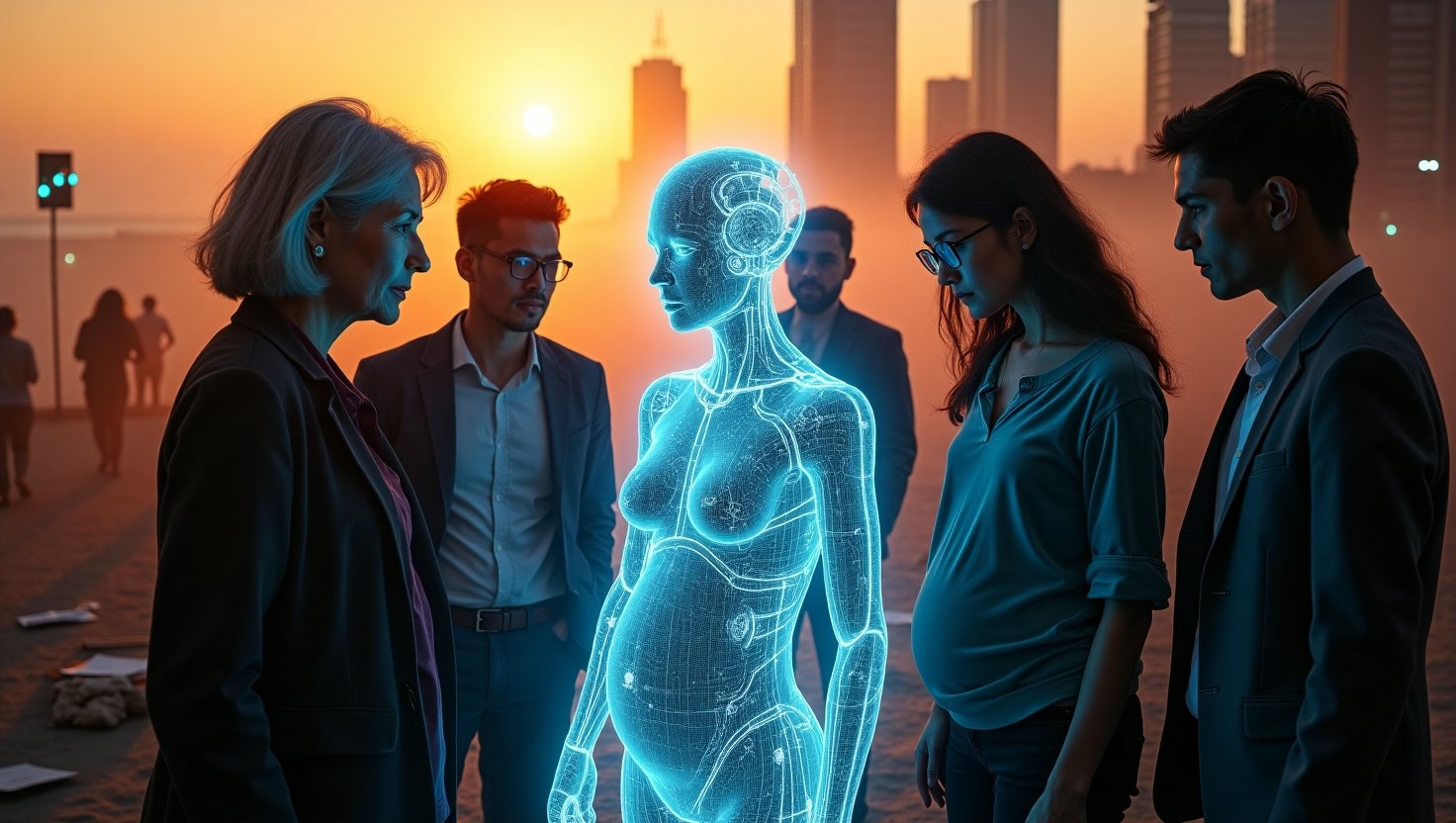The Rising AI Backlash: Understanding Public Sentiment and Ethical Concerns
Introduction
In recent years, the term ‘AI Backlash’ has emerged as a descriptor for the mounting skepticism and criticism surrounding artificial intelligence developments, particularly in the realm of Generative AI. As this technology continues to evolve, it has become a staple in today’s tech landscape, offering revolutionary tools for content creation, personalized learning, and customer engagement. However, alongside these advancements come rising concerns, particularly with facets like AI Ethics and the implications of these technologies on society. Public apprehension is growing, manifesting in debates and discussions about AI’s role and its potential to disrupt numerous facets of daily life.
Background
The development of Generative AI has been marked by significant milestones, from the creation of algorithms capable of producing art and literature to sophisticated chatbots like OpenAI’s ChatGPT. These breakthroughs have shifted the narrative around AI from marveling at its capabilities to scrutinizing its broader consequences.
Before the release of ChatGPT, concerns about AI were relatively subdued. According to the Pew Research Center, around 38 percent of US adults were more concerned than excited about the increasing use of AI in everyday life. However, post-ChatGPT, this figure surged to 52 percent by late 2023, reflecting a growing discomfort with AI’s rapid integration (Wired).
Key players like Duolingo have embraced an ‘AI-first’ strategy, a decision that encapsulates the broader industry trend towards prioritizing AI integration. This strategy, while innovative, also brings to the fore fears of job replacement and overarching technological dependency, fueling AI backlash.
Current Trend
The current sentiment towards AI technologies is increasingly negative, echoing fears that span job displacement, privacy invasion, and ethical misuse. This trend is evident in public reactions and critical voices from across industries. Balancing innovation with caution has become a central issue as companies and governments navigate the nuances of AI integration.
The societal implications are akin to a double-edged sword: AI promises unprecedented efficiency and creativity but also poses existential questions about employment and human agency. Industry voices, such as a Duolingo spokesperson, emphasize that AI isn’t intended to replace staff, yet public skepticism lingers.
Critics like Brian Merchant and Shannon Vallor stress the importance of transparency and ethical considerations, urging a more balanced approach to AI deployment. This is particularly pertinent in the context of widespread concerns about job security and the ethical management of AI technologies.
Insight
Digging deeper into the ethical concerns surrounding Generative AI, the discussion often centers on mental health implications and environmental impacts. Are our minds prepared for the onslaught of AI-driven content? Do the environmental costs of training massive AI models outweigh their benefits? These are questions that workers and researchers are increasingly raising.
AI systems, by mimicking human-like behavior, prompt ethical debates about accuracy, consent, and the potential for misuse. These technologies, although transformative, can exacerbate societal divides if left unchecked, as evident in worker protests against potential job losses and environmental critiques of the energy consumption associated with AI computations.
Prominent critics such as Alex Hanna emphasize the need for ethical frameworks that safeguard both workers and consumers, advocating for responsible AI deployment that minimizes societal risks (Wired).
Forecast
Looking ahead, the future of Generative AI amid this public backlash is likely to induce strategic pivots within companies and stimulate regulatory developments. Companies might reconsider their AI-centric approaches, adopting more balanced strategies that mitigate public fears and embrace ethical AI use.
Regulations may become more stringent as public and governmental pressure mounts. We could see an era where AI innovations are scrutinized more heavily and frameworks are established to ensure responsible development and deployment.
This backlash, while challenging, also opens avenues for dialogue and improvement, pushing for AI technologies that truly serve societal needs without exacerbating existing inequalities or environmental harms.
Call to Action (CTA)
As we navigate these complex discussions, staying informed about AI developments and their societal implications is crucial. It’s vital for everyone—industry professionals and the general public alike—to engage in these dialogues. Share your thoughts on Generative AI, its benefits, and its challenges on social media or via the comments section below. Let’s build a future where technology and humanity thrive together responsibly.

